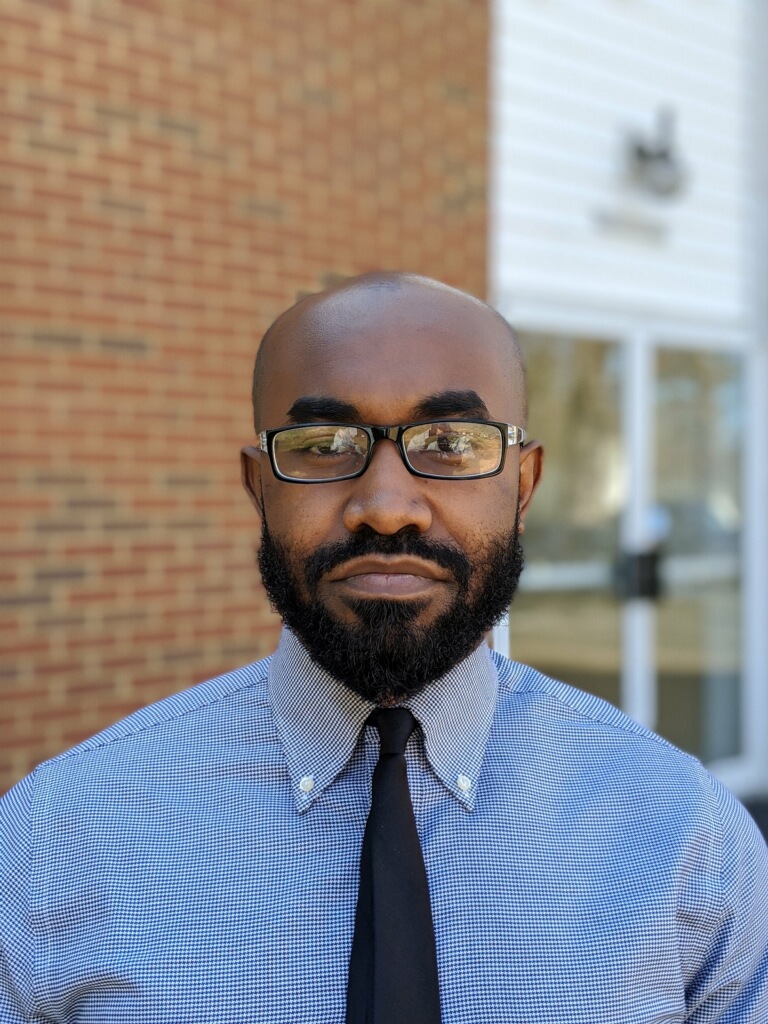Kerwin is a PhD student in the Religious Studies Department. He’s interested in Syriac-speaking Patristic formulations of Christological doctrine related to Christ's humanity and divinity. Kerwin participated in PhD Plus Python skills series in data literacy in Fall 2020
Q. What are your career aspirations?
A. To become a research professor at a university with the ability to push forward an appreciation of underappreciated sectors of early Christian tradition from the Patristic Period.
Q. What were the highlights of the PhD Plus module you completed? Why did you participate in the module? What were the biggest takeaways?
A. I participated in the Python course in Fall 2020. The highlights were learning the Python language as well as learning how to navigate the various programs found in the Anaconda software, particularly Spyder, which has a very intuitive interface. The biggest takeaway occurred near the end, which was incidentally that it very much matters to have not corrupted programs when you are trying to use them for reading Python. We finally found out that some of my downloaded programs were a bit corrupted, which made them fail at certain intervals, which made my work harder. But due to the virtual learning environment, this took a while to detect. Another would be that learning a programming language is a lot like learning an actual language, and the more intimate the environment of learning and the insulation of that learning environment orientated around the language, the better.
Q. What professional skills did you develop through this module (e.g. communication, leadership)? Have you applied those skills and strategies in your PhD training?
A. I developed skills sufficient in operating Python language on an introductory scale, as well as a moderate awareness of the program language's capabilities to compute tasks. I have not yet applied those skills to my PhD training, though I assume that I will soon enough as I progress through the Digital Humanities program.
Q. How have the strategies and skills learned, and community developed through this core module assisted in your personal and professional development?
A. I received affirmation that letting instructors know of issues early on is better than later on. Doing this course while also working as a TA and also preparing for my Comprehensive Exams drove me to construct a schedule on my own to be able to do all three tasks with proficiency. This allowed me to see what amount of time I could devote to each task throughout my work week to not allow myself to fall behind on tasks.
Q. What is your advice or recommendations to peers on how to best leverage PhD Plus program?
A. I definitely advocate for learning a digital language, and Python in particular. Learning a coding language exposes a scholar to the processing that goes into computer data. It also makes tedious computer tasks capable of being simplified and streamlined. This fosters an appreciation for the technicality of the digital media that we all have to use. No one would fault an ancient writer for understanding how papyrus was produced, and no one would fault an early modern writer understanding how a printing press operated. In fact, historically, in regard to the printing press, that understanding often gave scholars greater academic liberty for creativity. The old creative advantage of “do-it-yourself” still applies in the digital age. Learning a coding language allows scholars to exploit technological media to the best of our abilities. With the knowledge of a coding language, we can make a vision of an academic experience that is accessible to the entire world a digital reality.

